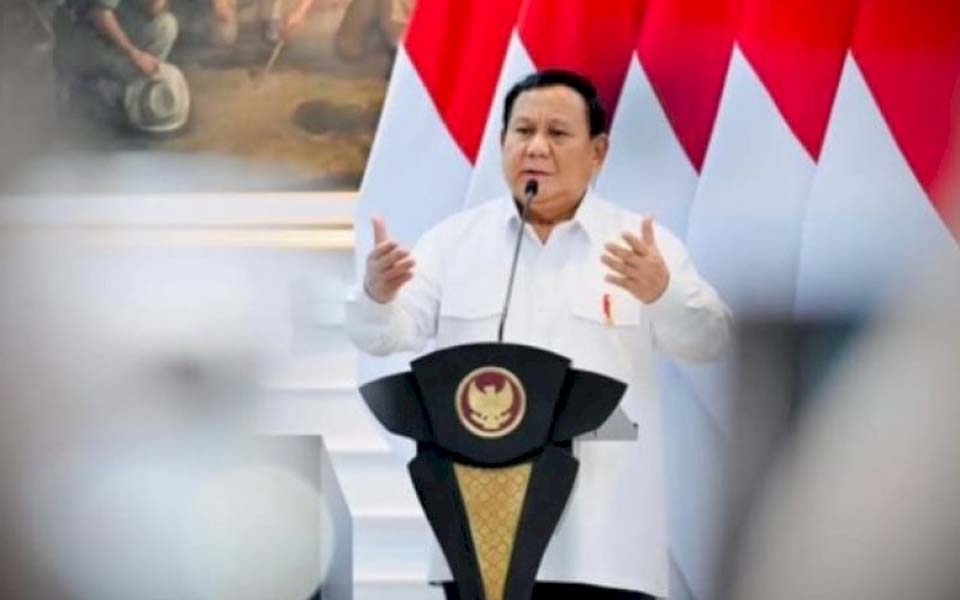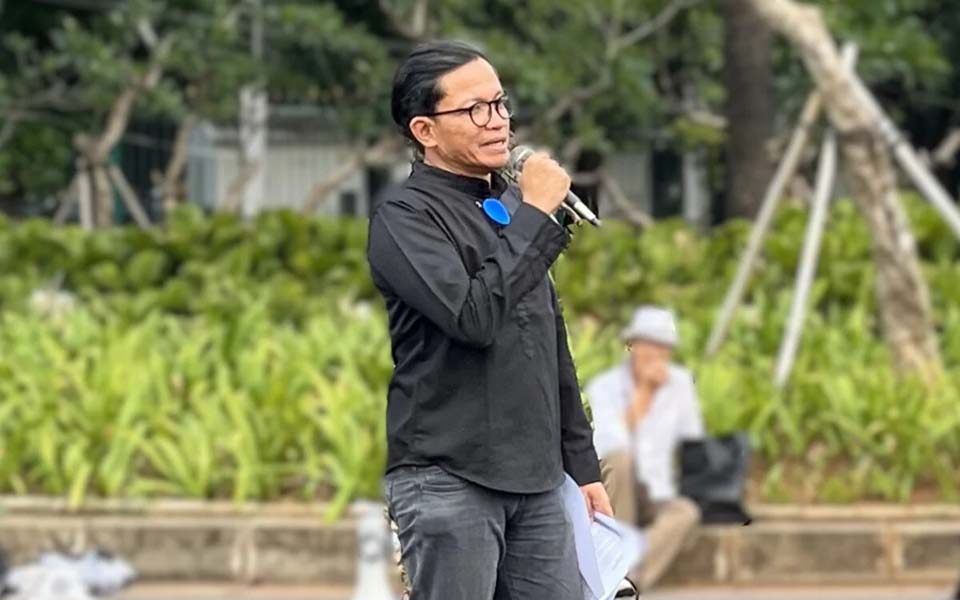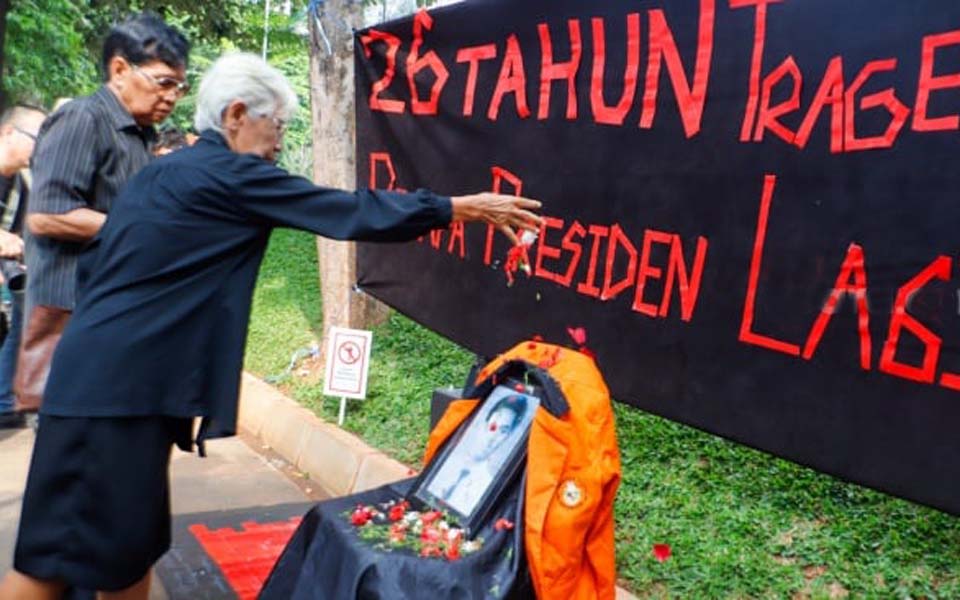Yogya – Activists commemorating 44 years since the Malari Affair on January 15 again reminded people that many of the demands and hopes of that time have yet to be realised.
At the public discussion organised by In-Demo at the Gajah Mada University Club (UC UGM) in the Central Java city of Yogyakarta on Monday, veteran activist Dr. Hariman Siregar asserted that current development policies being pursued in Indonesia are actually widening the inequality gap, namely ‘the rich are getting richer, and the poor are getting poorer’.
In-Demo held the discussion under the theme Restore the Reformasi We Wanted, referring to the reform movement that began following the overthrow of former President Suharto in 1998. Hariman said that the problems face by Indonesia 44 years ago, even after reformasi post 1998, remain the same.
“Back then we called for the eradication of poverty when it was an authoritarian regime, their reaction was to arrest us and our demands were not met. Now we are making the demands on a democratic government, nothing happens to us, but our demands still aren’t met”, he said.
In fact, according to Hariman, the gap between the rich and the poor has become even wider and nothing meaningful has been achieved in 20 years of reformasi. “The problems are still the same, why aren’t we able to address the problems of poverty and social inequality”, he asked.
According to Hariman, the real aim of [infrastructure] development which is gathering pace under the current government is to enrich people who are already rich.
“Who is this development for? Who are we making sacrifices for? I don’t think we have ever rejected development. Now everyone so easily accepts status quo-ism, believing it to be correct, the problem in the future I think is that the challenges won’t be that simple”, he asserted.
The Indonesian nation does not need to persist in maintaining the current conditions, but must in move forward and seek new solutions.
One of the speakers in the discussion, UGM assistant lecturer Bhima Yudistira said that currently there is a paradoxical situation in the Indonesia. There is a discrepancy between what government officials say and social reality. And it is very apparent that social injustice is a very serious problem.
Yudistira said that one of the ways to resolve this is long- and short-term projects. In the case of long-term projects, these can be carried out by various means, such as through education.
In the short term there must be a cabinet reshuffle. According to Yudistira, those who are capable should become ministers but those who are not should be replaced immediately.
“For me the younger generation does not have a historical and political burden. Please go ahead and replace them. Don’t let state power fall into the hands of the wrong people”, he said.
Meanwhile historian and cultural observer Ainun Najib, who also appeared at the event, said that the Malari affair represents large mirror for those in power to reflect upon. What is happening however is that it is as if there is no longer anyone who can differentiate between a good and a bad face.
When asked about the spirit of the Malari affair in the current era, Cak Nun, as Najib is known emphasised, “There is no legacy, each person must be independent in their own selves”.
[Translated by James Balowski. The original title of the article was Peringatan 44 Tahun Malari Digelar di UC UGM.]
Source: http://jogja.tribunnews.com/2018/01/15/peringatan-44-tahun-malari-digelar-di-uc-ugm















